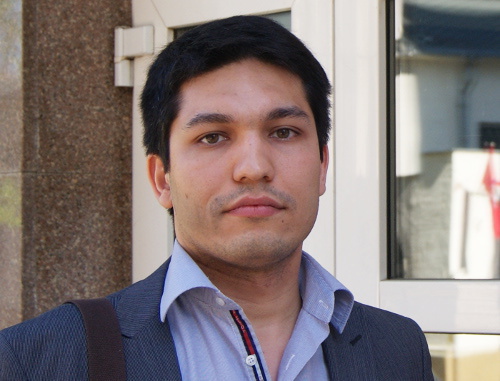Tishaev: "conveyor" approach to burying bodies of suspected militants violates the Convention on Human Rights
The European Court of Human Rights (ECtHR) has found that on the issue of non-giving out bodies of suspected militants to their relatives for burial, applicants have no effective remedies in Russia, said Furkat Tishaev, the legal director of the Autonomous Non-commercial Organization (ANO) "Astreya". Authorities should inform parents, where the ashes of their sons are buried, said the lawyer Larisa Dorogova.
On January 16, the ECtHR partially granted the applicants' claims in the case dealing with refusal of Russian authorities to give the body of a suspected militant killed in a special operation in Chechnya in January 2005 out to his relatives. The court also partially satisfied applicants' claims in four similar cases on suspected militants killed in Ingushetia. Besides, the ECtHR also partially satisfied the applicants in two similar cases related to Kabardino-Balkaria, during and after the attack on Nalchik on October 13, 2005.
Furkat Tishaev told the "Caucasian Knot" correspondent that the position of the ECtHR is to assess the circumstances of each particular case. "One thing is to hide the burial place of some notorious terrorist; but quite a different case is to hide burial places of all the persons just because they were killed during a special operation. This 'conveyor' and promiscuous approach violates the principles of the Convention on Human Rights," said the lawyer.
In his opinion, it is also important that the ECtHR has recognized the impossibility for relatives of alleged terrorists to defend their rights in Russian courts. "The courts are pressed by the federal law that cannot be ignored. Therefore, the ECtHR has found that the applicants had no effective means to protect their violated rights in Russia," said Tishaev.
Source: CK correspondent

